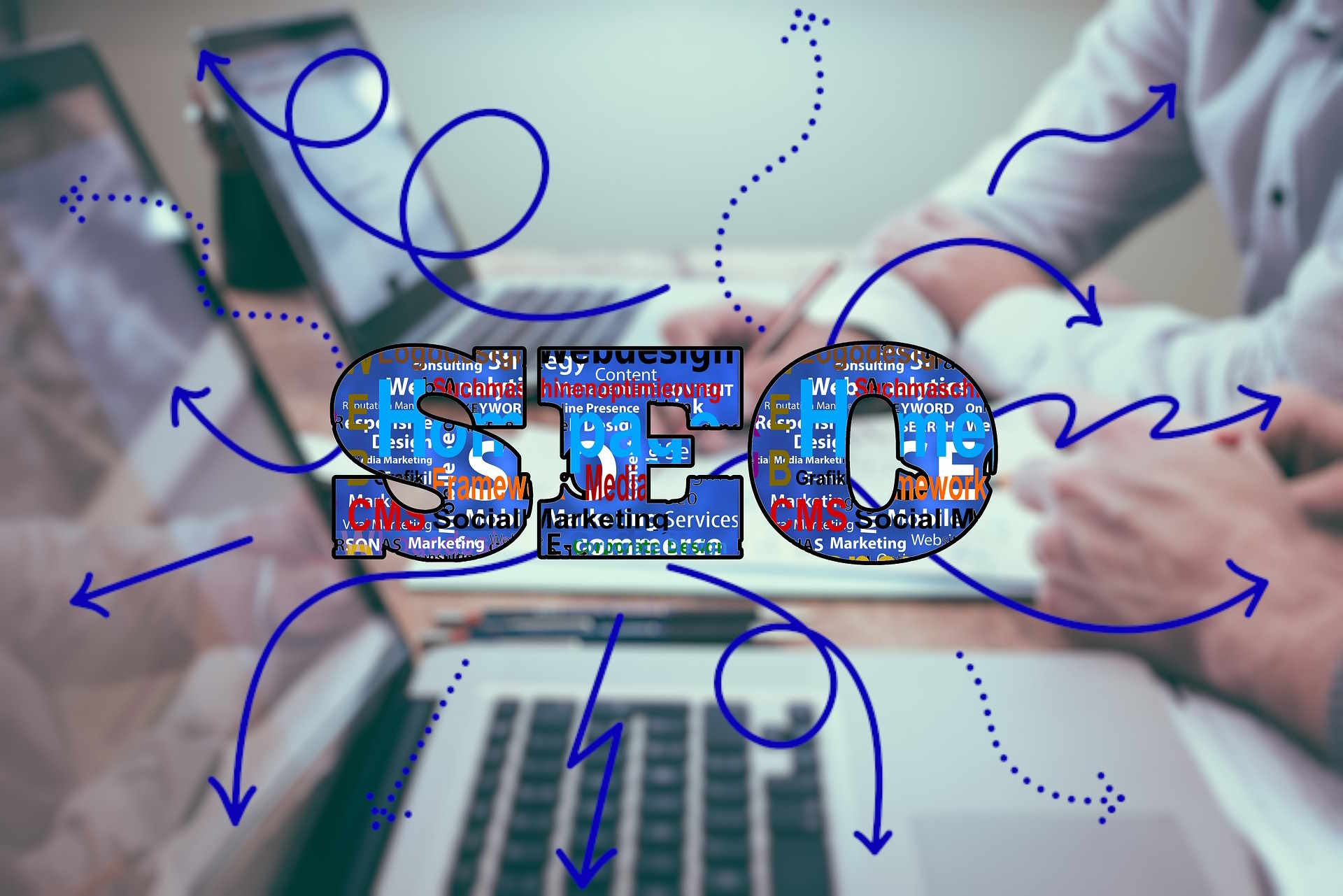Starting an Online Business: Practical Guide for Entrepreneurs
Running an online business today blends strategy, tools, and consistent execution. Whether you’re an aspiring entrepreneur launching a side project or pivoting an existing business to digital-first, understanding the essentials can save time and reduce costly mistakes. This guide walks through the core decisions — from defining your business model and choosing an online store platform to selecting the right computer or laptop setup and planning marketing that drives traffic and sales. Practical tips here are technology-agnostic and focus on reliable processes that help you build a sustainable online presence.

What is a modern online business model for a business owner?
An online business can be a product-based online store, a service business, a digital product creator, or a subscription model. For many business owners, the choice begins with customer needs: who will buy, why, and how they prefer to pay and receive goods or services. Consider margins, fulfillment complexity, and scalability. Simple inventory-light models like dropshipping or digital downloads reduce upfront costs, while holding stock can improve margins and control. Map customer journeys, list required touchpoints (product pages, checkout, support), and prioritize platforms that integrate payments, shipping, and analytics to measure performance.
How should an entrepreneur approach branding and marketing?
Branding and marketing are continuous tasks for any entrepreneur. Start with a clear value proposition and consistent visual identity across your site and social channels. Use search-focused content to capture intent — product descriptions, blog posts, and FAQs tuned with relevant keywords help SEO. Combine organic strategies (content, email) with paid advertising where appropriate. Track metrics like conversion rate, average order value, and customer acquisition cost to refine campaigns. Invest time in customer service and reviews; social proof often converts visitors into repeat buyers.
Do you need a powerful computer to run an online business?
A powerful computer helps but isn’t always necessary. For tasks like store management, email, content editing, and running basic analytics, a modern mid-range desktop or laptop is sufficient. Heavier workloads — video editing, advanced design, or running multiple virtual machines — benefit from faster processors, more RAM, and dedicated graphics. Prioritize reliability: backups, antivirus, and secure connections are essential. Cloud services can offload intensive processing and storage, allowing a lighter local machine to handle day-to-day tasks while keeping files synchronized and safe.
Is a laptop adequate for daily entrepreneur work and mobility?
Many entrepreneurs rely on a laptop for flexibility. A laptop with a comfortable keyboard, long battery life, and a reliable internet connection allows you to manage an online store, respond to customers, and update content from anywhere. For prolonged productivity, consider pairing a laptop with an external monitor, mouse, and keyboard when working from a fixed location. Ensure your laptop supports necessary software (photo editing, bookkeeping, and web platforms) and has sufficient storage or access to cloud storage. Portability can increase responsiveness to opportunities and streamline remote collaboration.
How do you set up an online store that converts visitors?
Choose a platform that matches your technical comfort and business needs: hosted solutions simplify setup, while self-hosted options give more control. Key store elements include fast-loading product pages, clear images and descriptions, straightforward navigation, and a secure, simple checkout. Offer multiple payment methods and transparent shipping/return policies. Optimize product pages for SEO and mobile viewing; a large percentage of shoppers browse on phones. Implement analytics to track where visitors drop off and A/B test changes to headlines, images, and calls-to-action to steadily improve conversion rates.
Conclusion
Building an online business combines clear strategy, reliable technology, and ongoing marketing. Entrepreneurs who define a customer-focused model, choose the right platform for their online store, and equip themselves with a dependable computer or laptop are better positioned to scale. Regularly measure results, refine your value proposition, and prioritize customer experience. Thoughtful, incremental improvements over time typically yield stronger, more sustainable outcomes than trying to perfect every detail at launch.






